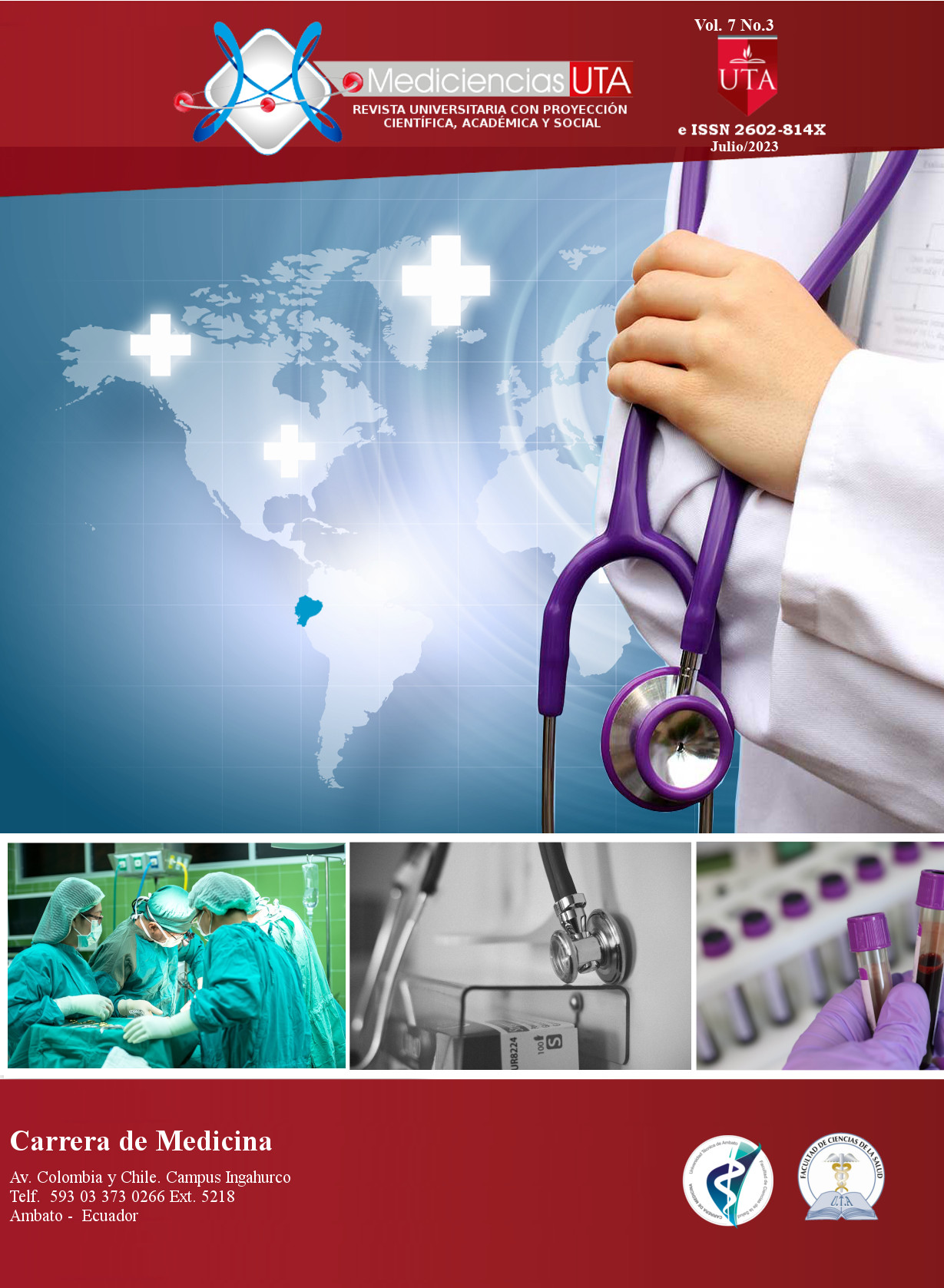Enseñanza superior en Salud y su viabilidad con la metacognición
Contenido principal del artículo
Resumen
Resumen: la metacognición o control de conocimiento se mantiene gracias a la relación del pensamiento crítico y la innovación de un componente creativo, lo que ha convertido en una herramienta indispensable para la adquisición de conocimientos y resolución de problemas. Al incluirse el pensamiento crítico se incentiva el aprendizaje autorregulado, siendo posible con esto ejercer un aprendizaje fomentado en el control, razonamiento, comprensión y la resolución de problemas. Debido a esto la metacognición es una herramienta actual que facilita el aprendizaje con información nueva, verás, concisa y sometida por el estudiante a verificación y análisis, obteniendo así la respuesta acertada a los problemas planteados. Objetivo: Explicar la importancia de la metacognición orientada a la enseñanza superior en salud. Materiales y Métodos: Investigación documental, secundaria de tipo revisión narrativa, se desarrolló el método histórico lógico para el proceso de sistematización de las teorías relacionadas con la metacognición. Resultados: La metacognición genera una habilidad del pensamiento crítico para el aprendizaje autorregulado, cuando hacemos referencia al análisis de información, el conocimiento metacognitivo permite guiar a los estudiantes hacia importantes estrategias cognitivas para el pensamiento creativo. Conclusiones: La metacognición es una herramienta que ofrece una respuesta a problemas con mayor asertividad, incluye el pensamiento crítico mismo que fomenta el aprendizaje autorregulado y crea lazos entre el pensamiento creativo.
Descargas
Detalles del artículo

Esta obra está bajo una licencia internacional Creative Commons Atribución-NoComercial-CompartirIgual 4.0.



